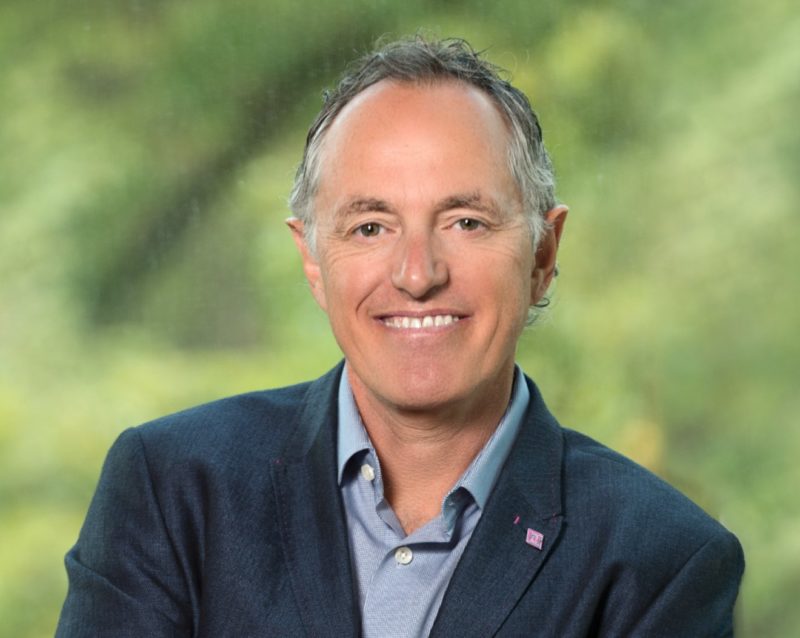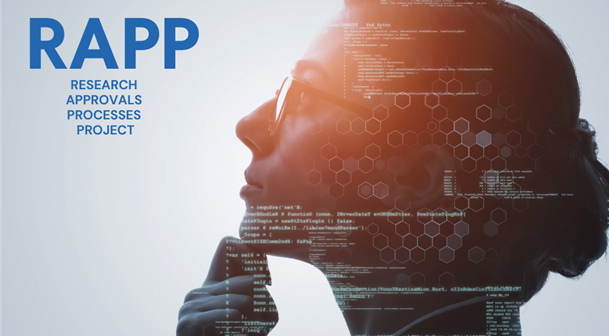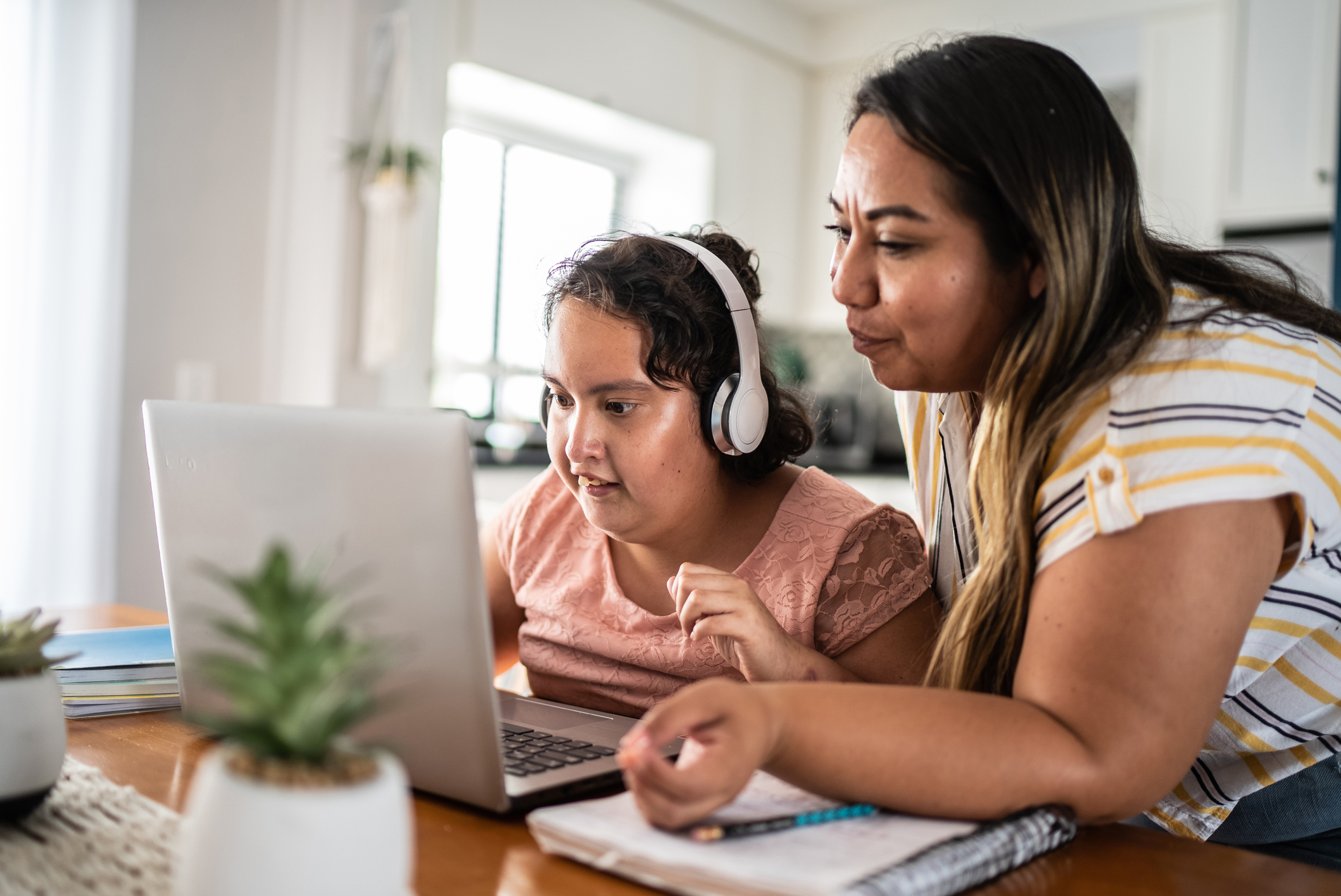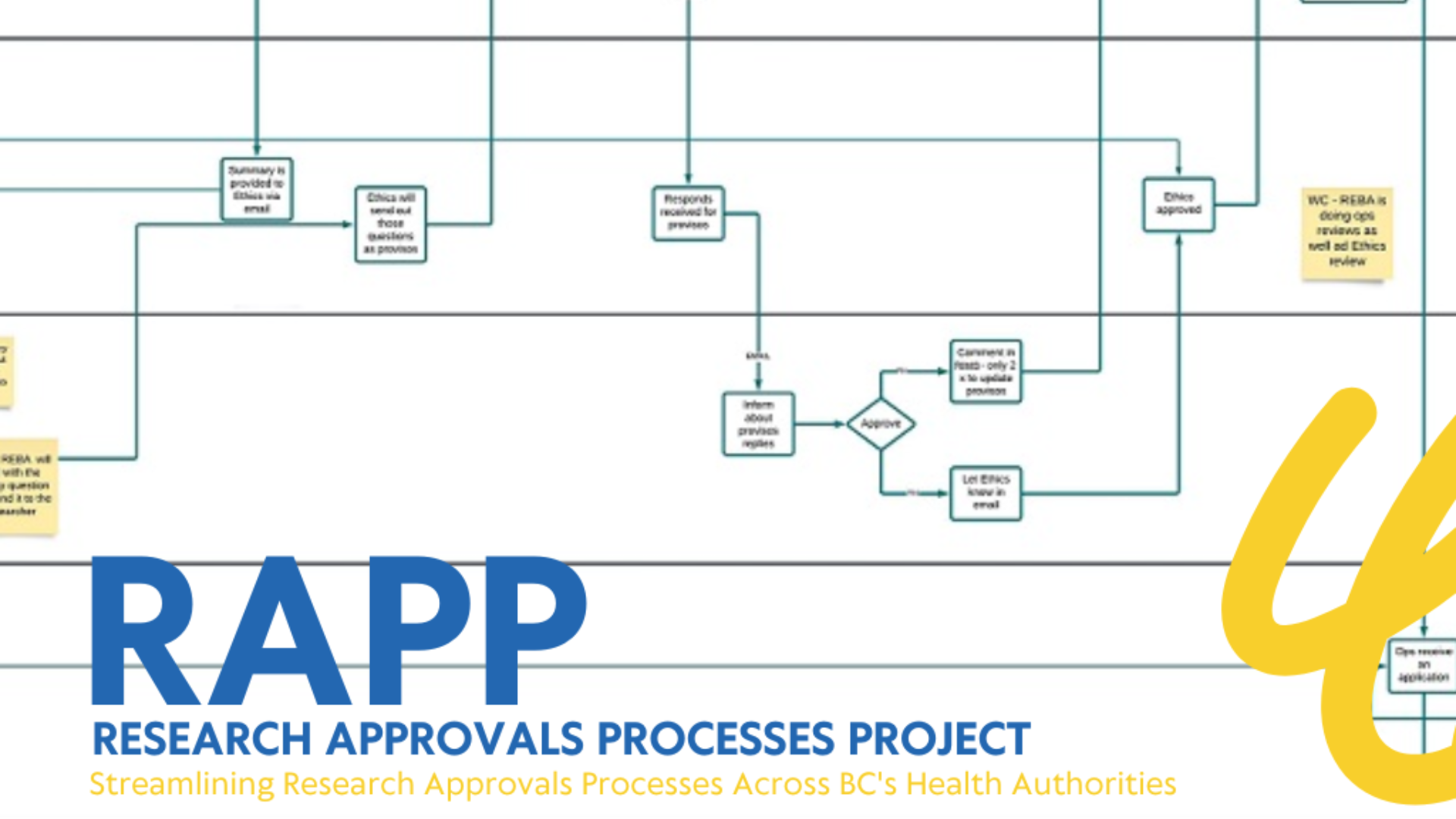Mentorship, Science, and Keeping a Balance: An interview with Aubrey J. Tingle Prize Winner Dr. Poul Sorensen
17 September 2020

Dr. Poul Sorensen is MSFHR’s 2020 Aubrey J. Tingle prize recipient. In a candid interview, Dr. Sorensen reflects on his career as a clinician researcher, the mentors who helped him ask the big questions, and his advice to the next generation of health researchers.
Let’s start at the beginning: what drew you to health research and how did you get started?
Believe it or not, I originally wanted to study biophysical membranes. I wanted to be a biophysicist because I like math and its potential applications to biology.
I initially did a summer job at UBC studying cell membranes and thought it was really interesting and something I maybe wanted to pursue for further training. I was also running track and field at the time, and my training mate told me I would never get a job in biophysical chemistry. He told me to think about medicine instead—and maybe even medical research—but I didn’t really want to be a physician, so I wondered if there was something else I could do with a medical degree.
Even when I got into medicine, I was always interested in research and discovering new things—it was all about discovery and doing something that no one else had done before.
I enjoyed medical school, but I would always be the one asking “why”, rather than reciting lists from the textbooks, like I was supposed to. One Professor even called me “Mr. Tangential.”
One thing that having a degree in medicine did was teach me to focus on bringing the research back to the clinic and the patients: medical school hammered that home. In medical school and residency, you learn that we’re all part of a team. Teamwork is extremely important in health care research, because we can’t all be good at everything.
You were chided for asking too many questions, but it’s that unique perspective that allowed you to have the multidisciplinary career you had.
It’s probably because I was terrified that I’d be a danger to society as a practicing physician (laughs).
What helped you make the leap from membrane research to cancer specifically?
A couple of people were very influential to me: Jim Richards, my biochemistry professor, introduced me to Derek Applegarth, a biomedical geneticist, who would become a major influence in my career.
He has since retired, but Dr. Applegarth taught me the power of using biochemistry as a diagnostic tool. I could take everything I liked about biochemistry, but use it to test patients for specific illnesses, which was what got me thinking about diagnostics. He let me come into his lab as a fledgling young undergraduate student, which was a huge deal to me at the time. It made me feel like being part of a real team, and that I could actually contribute something.
That experience also helped me to figure out if I liked the work or not. It’s also where I first met Aubrey J. Tingle, who was an allergist immunologist at the old Children’s Hospital site near Langara College. I remember many lunches sitting under the trees with Aubrey talking about science and careers.
Coming from that experience, what does it now mean to be awarded the Aubrey J. Tingle prize?
That’s what’s so wonderful about this prize, it comes full circle to someone who was such a huge influence on me. It’s exciting, humbling, and gratifying.
How did having access to training opportunities influence your career?
You have to put yourself in the position where you will either make it or break it. I did summer jobs that allowed me to have some successes, and having that experience in the lab where other people let me run free really got me on the course to pursuing a career in research.
It was in lab jobs that I learned I could marry medical analytics with biochemistry.
I also worked in Don Brooks’ lab, now the UBC Head of Pathology, which was also very influential. He taught me that you could be interdisciplinary and that we don’t need to compartmentalize ourselves—working on biophysics can provide a better understanding of cell biology, and a discovery in cancer research may make a difference in neuroscience or diabetes.
The reason I think that way now is because I spent time with people who are naturally interdisciplinary. That was a major influence on me in finding a way to do medical research as a physician.
When I was in medical school and thinking about residency programs, David Hardwick encouraged me to study Pathology, and I was one of the first, if not the first at UBC, to do a combined residency and PhD. It was a cool thing to let people split time between a residency and a PhD. As a part of that, I went back to Derek Applegarth’s lab and ran it while he was on sabbatical and while wrapping up my PhD. Running a lab taught me to compartmentalize tasks, and I started to find my own way.
After that, I was encouraged to go for an MRC Centennial Fellowship, which provides support for MD PhDs in Canada to undergo additional research training anywhere in the world—like a post-doctoral fellowship but for medical graduates.
I got the Centennial fellowship and ended up first at the University of Minnesota with John Kersey, where I first learned about the power of studying chromosomal translocations, working on pediatric leukemias. Then I used the fellowship to go the University of Southern California to work with Tim Triche, a renowned pediatric pathologist. That experience gave me the idea of using genetics to identify altered proteins in pediatric cancers, and get back to my roots as someone who liked biochemistry, analytics, and diagnostics.
After I finished up the fellowship, I was offered a job in the pediatric pathology department at the new BC Children’s Hospital. I had an hour and a half to make the decision, and breathlessly decided to come back to Vancouver.
It was during that job was that I really began to focus on everything I’d learned in pediatric solid tumors and what drives them biologically.
What has been the most satisfying discovery that you’ve made?
In 1998 after I’d come back to Vancouver to start my new lab, we discovered a major driver of a type of sarcoma called Ewing sarcoma, that’s since become a diagnostic marker of that disease. This supported the idea of using genetics to come up with diagnostics so doctors can put patients on the right therapy at the time of diagnosis. You don’t want to put a patient on the wrong heavy-duty therapy if it’s not right for them.
We then discovered another class of diagnostic markers, called NTRK fusions. We were the first to discover recurrent NTRK fusions in human tumors, starting with an alteration called ETV6-NTRK3 in a rare pediatric cancer called congenital fibrosarcoma. Almost by luck, we then found the same alteration in a type of breast cancer and then in a rare kidney cancer. Then other people started finding these alterations in different tumor types.
After Chernobyl, a number of children were diagnosed with thyroid carcinoma, and amazingly, 40 per cent of them had the same ETV6-NTRK3 genetic alteration.
When next-generation sequencing came into vogue, people started finding other variations of these NTRK fusions. Now it’s found to be in approximately one per cent of human tumors, and in at least 25 different tumor types.
Pharmaceutical companies then started taking interest in targeting NTRK fusion proteins in human tumors, and one called Loxo Oncology made a highly effective drug that’s now licensed by Bayer, which got approved by the FDA in 2018 and by Health Canada in 2019.
This is incredibly satisfying because our initial work turned out to be directly beneficial to patients. There’s nothing more satisfying. It also confirms our model of studying rare pediatric cancers, which can inform us about the biology of adult tumors.
This was also an example of why you need to do basic science research: it’s very important for clinical delivery.
A lot of the early work we did to prove that the NTRK fusion is a genetic driver in diseases was instrumental in FDA and Health Canada approval of the drug. We made the genetic discovery and also did the background biochemistry to prove the mechanism.
Clinician researchers have to be able to do the basic science to support the findings, which goes hand in hand with the translational work. They have to be able to do both, or be part of a team that does both.
What makes you passionate about what you do?
I can’t explain why but the passion for discovery is just there.
We have a lot of interesting projects that can potentially deliver the same impact as the NTRK fusion. It’s exciting to make discoveries and find new biochemistry that’s relevant; there is satisfaction in coming up with answers to a tough question and making novel findings.
How does it feel for you to have had this career and to know you’ve made such an impact?
It can be humbling when you know your work can influence clinical care. It makes you want to do more, but it often feels like you can’t ever do enough. You get riled up to take what you’ve learned and get it out there. It can be frustrating to not be able to keep up with the pace. I always want to push harder and take advantage of the stature I have now.
You work hard to train the next generation. What do you hope mentorship brings?
It’s an absolute necessity. We can’t only work for ourselves.
Mentoring broadens our reach more and spreads the seed. I take satisfaction that people I’ve mentored have caught the passion from me or others and have run with it. That’s virtually as satisfying as your own discoveries, especially if they find something really groundbreaking. It’s immensely satisfying to know that I had a small part to play in that they stuck with a career in science.
As a mentor, you can empower people. It’s not just about having scientific prowess, but making them tough enough and passionate enough to stick with it.
One woman come to my lab as a pediatric oncologist trainee who didn’t want to work in a lab. She stuck around and ended up doing a PhD with me and becoming a renowned and highly successful pediatric oncology researcher in the US, and we just won a grant together. It all comes full circle.
What excites you about where cancer research is going now?
It’s an amazing time to be in this field because, there is such good communication and knowledge sharing, you don’t have to be siloed and you don’t have to be good at everything.
You can find someone in your network to deliver something you can’t do, which accelerates delivery.
What’s the next big question that needs solving?
We need to integrate things, in particular, all these big datasets. Not one of them is going to give us all the answers. We need to computationally merge these types of data and think of creative ways to target or drug those processes. This could mean harnessing the immune system or other cellular processes.
Money is a big roadblock: problems like the COVID-19 outbreak highlight the need to fund science properly so we have the power to respond to key questions in a timely manner.
As scientists, we need to ask the big questions for society and not just focus on getting our work into glamour journals.
What impact do you think winning this award will have on your career?
It’s particularly gratifying to win an award named after someone who was a big influence on me. It’s not just about the recognition, but also knowing that the work we’re doing is not so far-fetched as to be only esoteric, and that we were right to stick with our passions.
Successes like this help you to ride through the negative pushbacks and stay the course in biomedical science.
If you could give younger researchers advice, what would it be?
Try to stay balanced. I can’t overstate how important it is to have a family that supports you in what you want to do—don’t underestimate that support.
You have to have a balance in life and remain humble, which helps to make you be a better scientist. I try to emphasize that point strongly to my trainees.
You also have to learn to write and communicate with people. Be a team player and be a good person to work with. Being respectful and civil will take you a long way.
Keep your humanity and don’t forget to have a sense of humour in all this.





